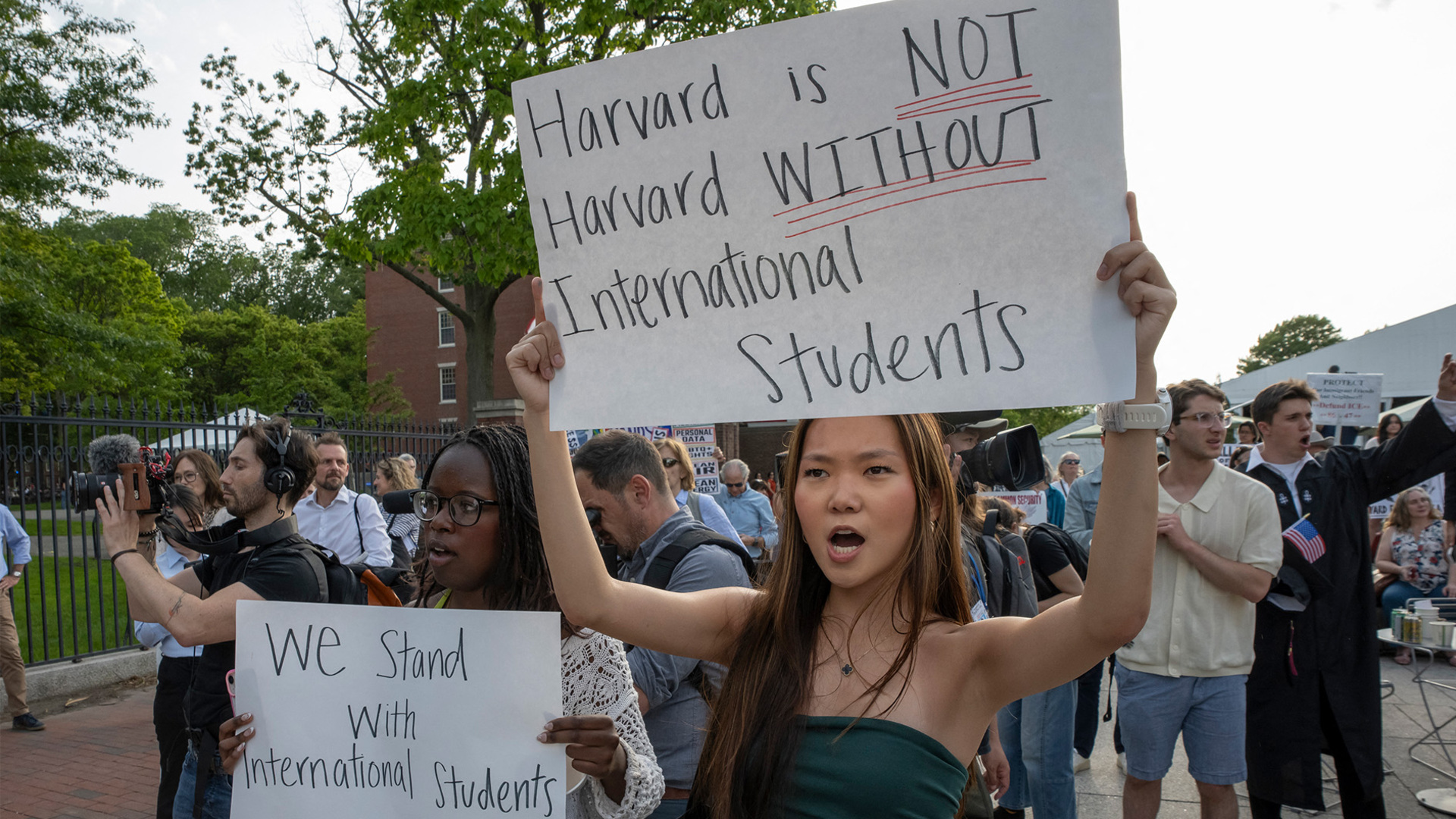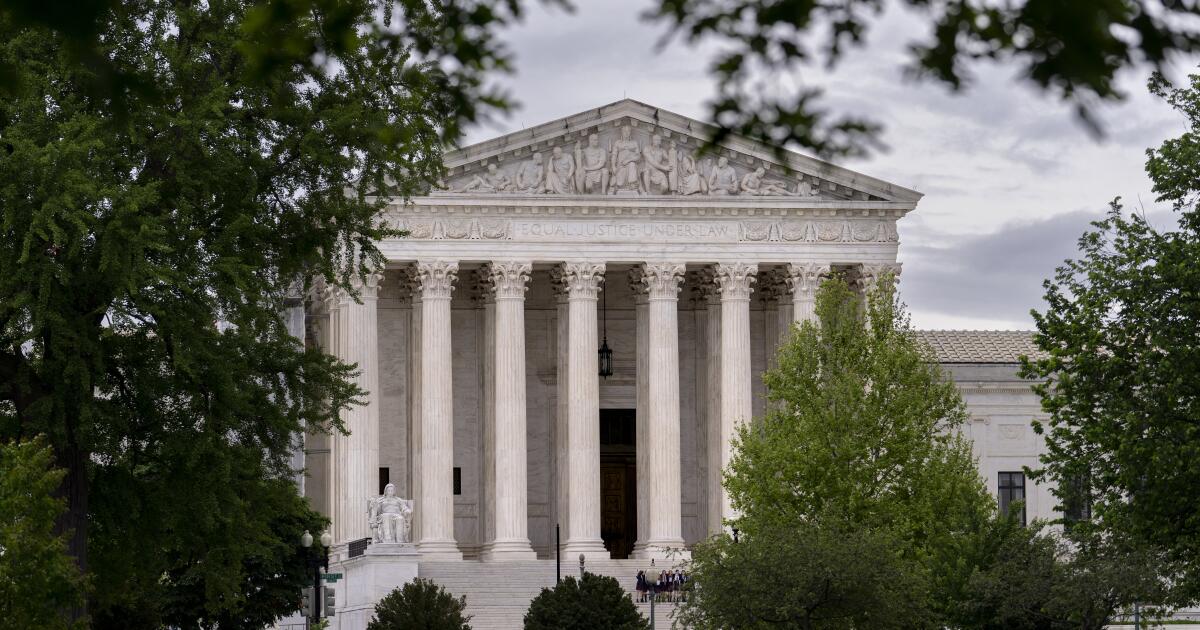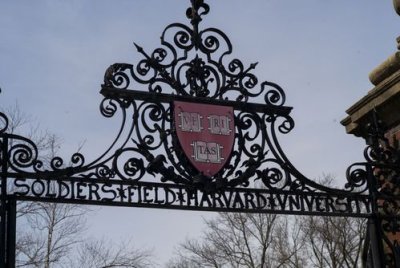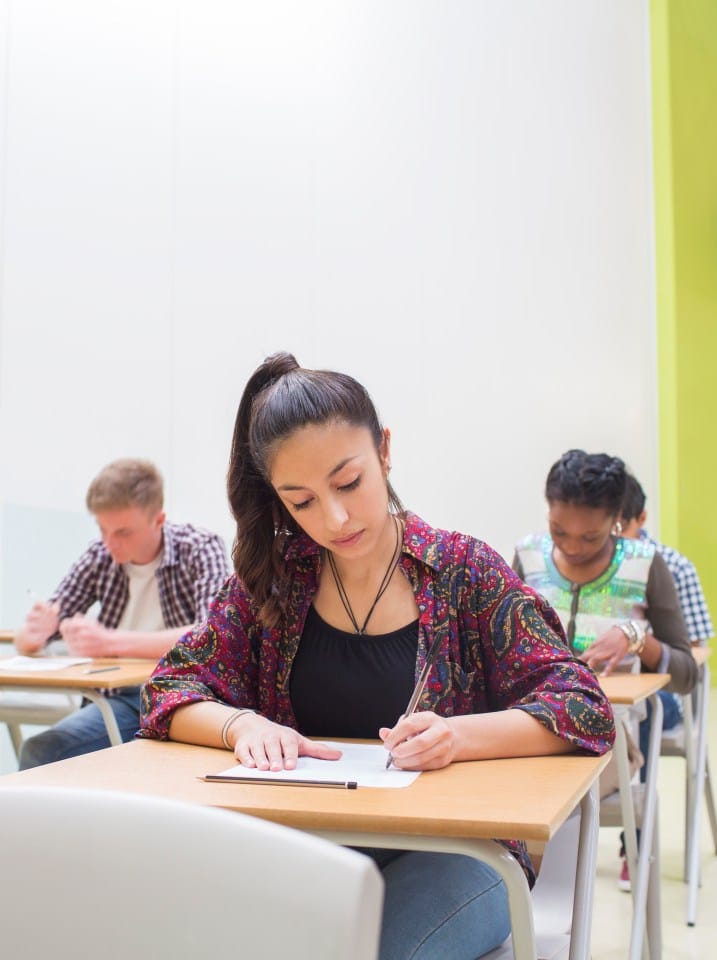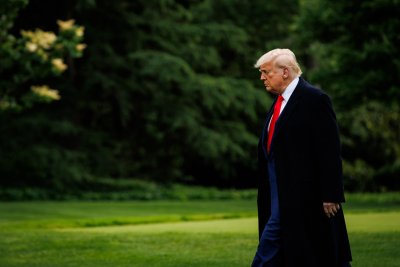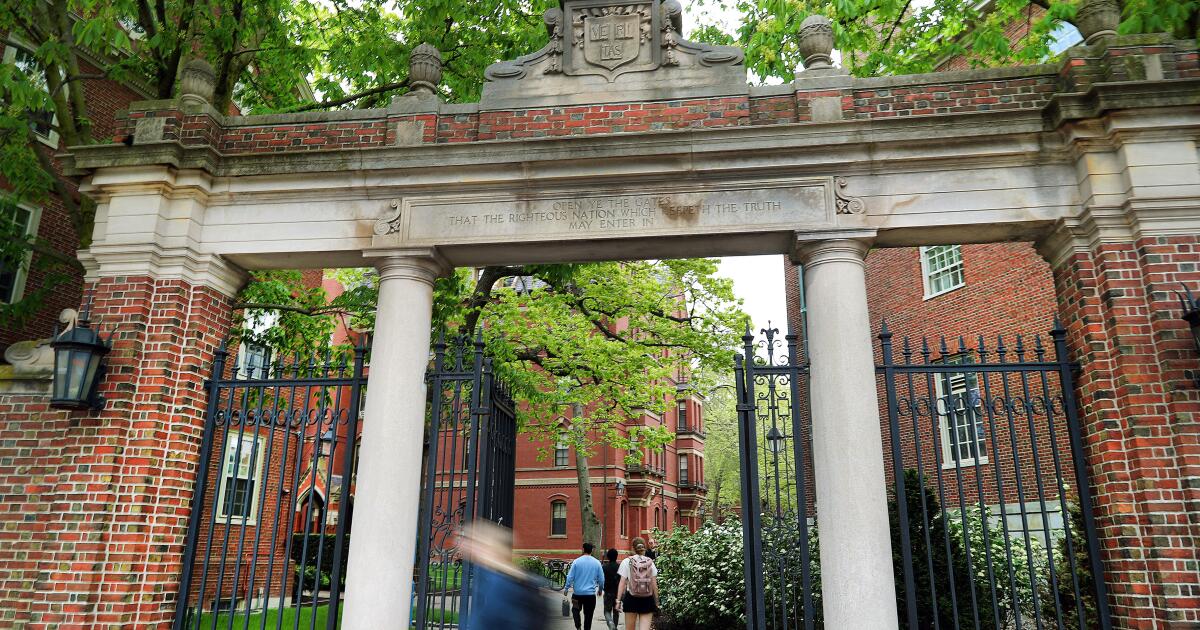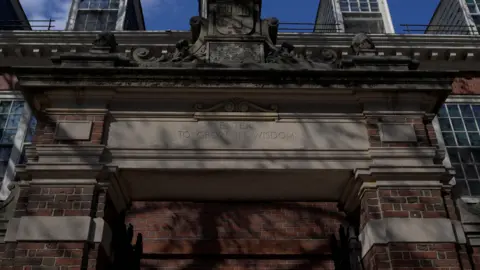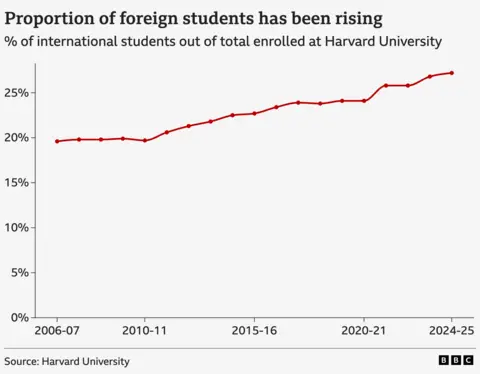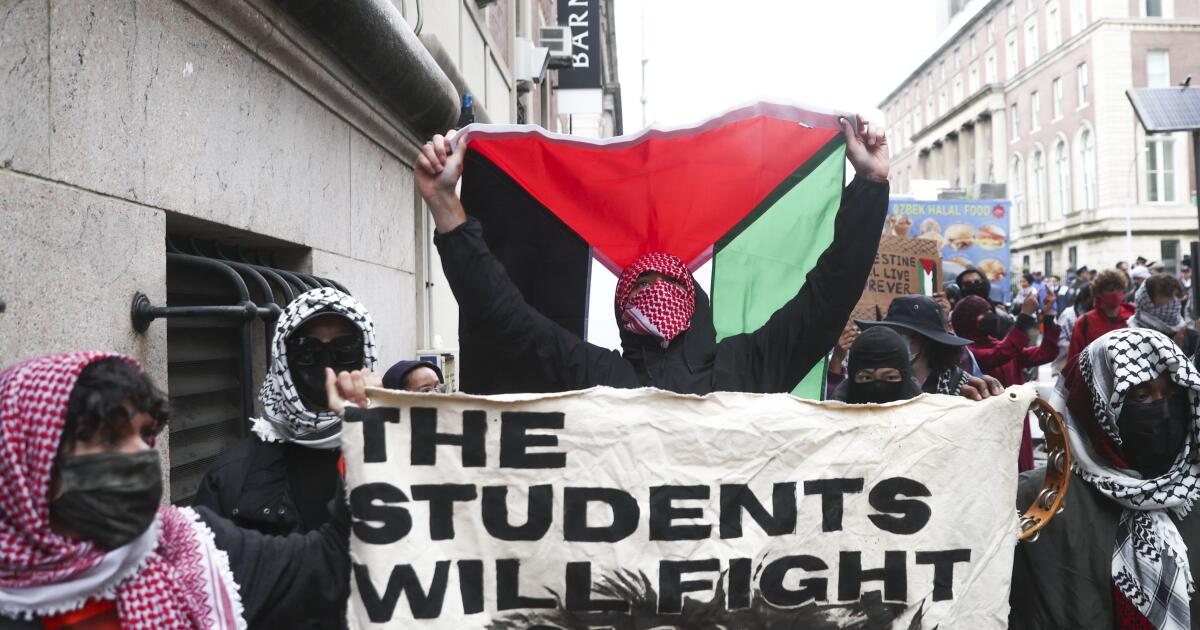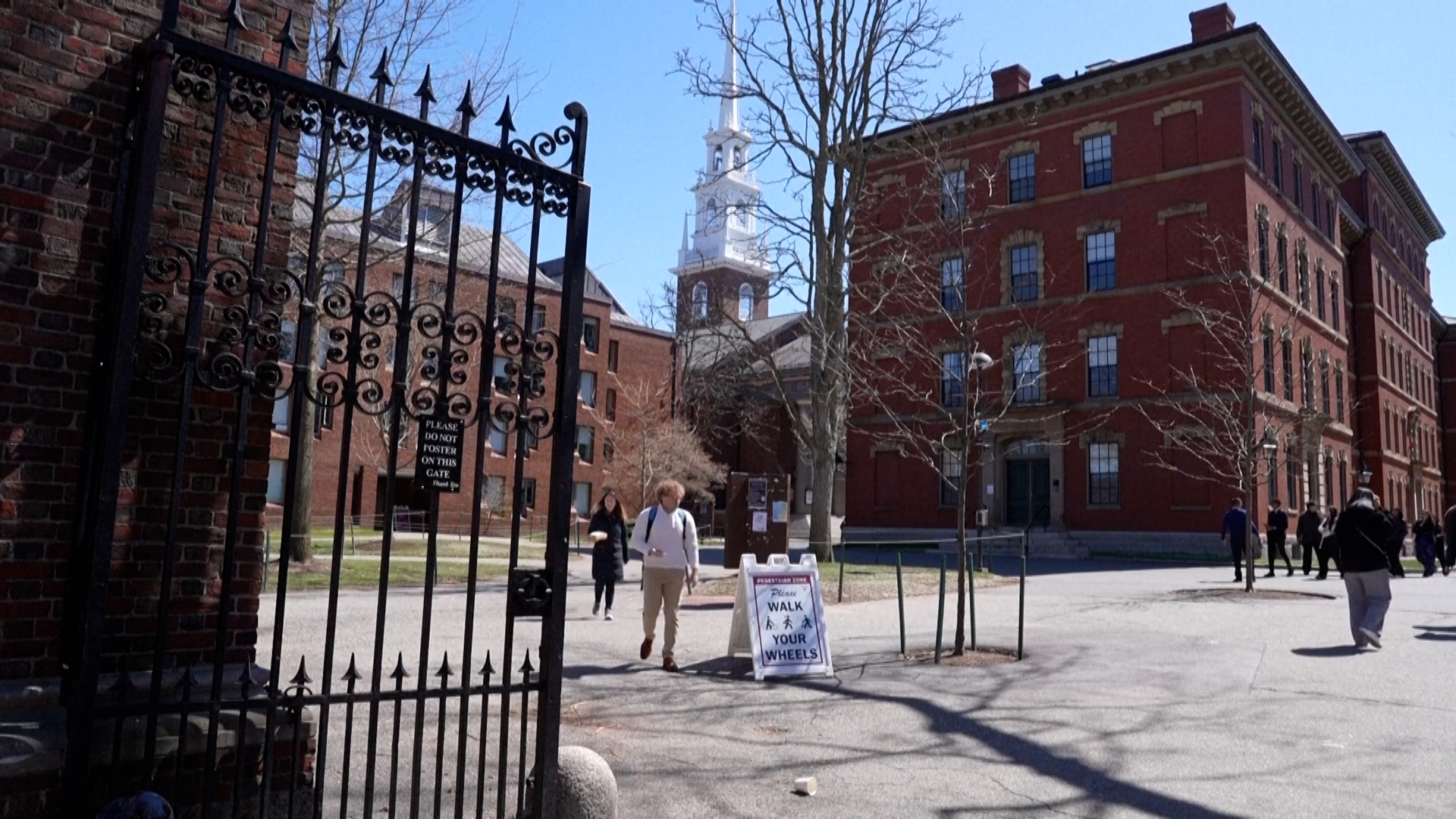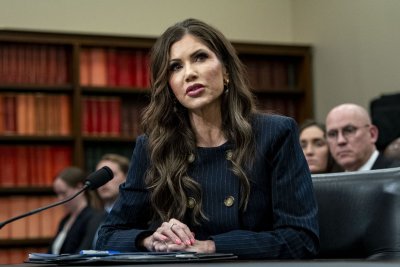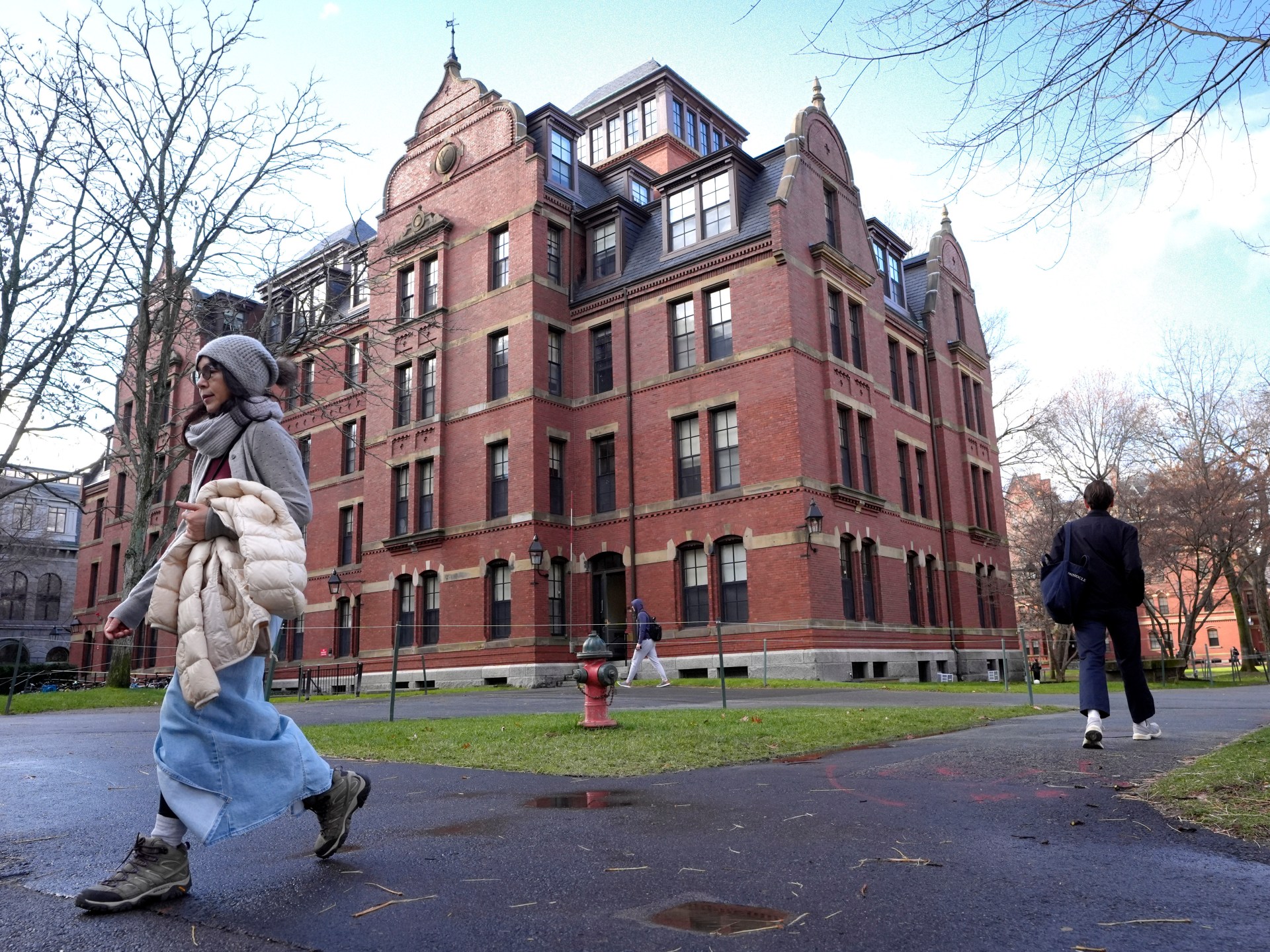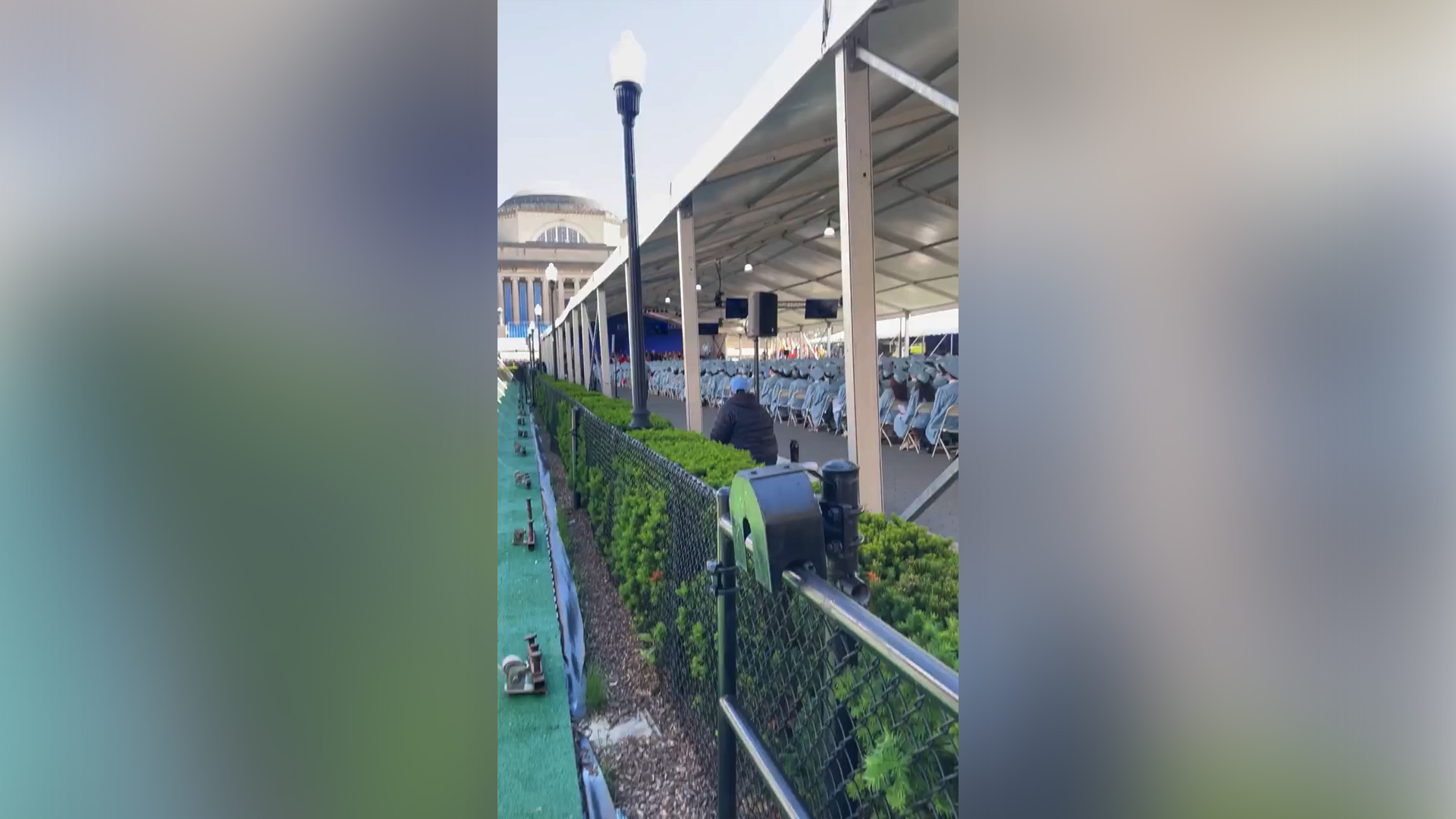WASHINGTON — A multifront assault by the Trump administration against the nation’s oldest university intensified on Friday when Harvard sued to block the government from barring international student enrollment, and a judge issued an immediate order to halt the ban.
The rapid-fire legal action is the latest in Trump administration attacks against the university as it claims Harvard failed to adhere to its demands to combat antisemitism.
But the whiplash felt by Harvard international students is reverberating far beyond Cambridge, Mass., as university leaders and foreign students across the United States and California watch with growing alarm over how federal actions will affect the nation’s 1.1-million foreign student population — 6% of American higher education enrollment.
Campuses have been on alert since last month, when the Homeland Security and State departments canceled thousands of enrollment certifications and visas at dozens of U.S. colleges, including UCLA, for individuals who often had minor infractions such as traffic tickets. The government, seeing losses in court, later reversed those cancellations and was further blocked from undertaking them when an Oakland-based federal judge issued an injunction Thursday.
“The current mindset of the international community is uncertainty,” said Syed Tamim Ahmad, a junior at UCLA who is from India and recently completed his term as the student government’s international student representative.
Ahmad, who recently took the MCAT and plans to apply to medical school, said he was reconsidering whether continuing his studies in the United States is a safe option.
“We do not know what to expect or what to come next,” he said. “Every student saw what happened at Harvard and was absolutely shocked. We wonder, what if it happens at UCLA or any other university?”
UCLA senior Adam Tfayli, a dual U.S.-Lebanese citizen who grew up in Beirut, had a different view. “My friends at Harvard are very concerned right now,” said Tfayli, who finished his term this week as the Undergraduate Student Assn. Council President. “At UCLA, it’s tense just because it has been on college campuses for months under this administration, but doesn’t feel as bad as it did when people’s visas were being revoked last month.”
In a statement, UCLA Vice Chancellor of Strategic Communications Mary Osako said that “international Bruins are an essential part of our community.”
“We recognize that recent developments at other universities have created a great deal of uncertainty and anxiety, and we remain committed to supporting all Bruins’ ability to work, learn, teach and thrive here at UCLA,” Osako said.
USC, home to 17,000 international students — the most of any California school — declined to respond to events at Harvard, and pointed The Times to statements on its Office of International Services website about foreign students. “New restrictions could be implemented with little notice. The decision to travel internationally should be made carefully,” said a letter this month.
Like at Harvard, government officials have also scrutinized USC for its enrollment of Chinese students, who they have suggested may be a security threat — an accusation that also arose at California colleges during the first Trump administration. Homeland Security Secretary Kristi Noem, who has accused Harvard of failing to protect Jewish students amid pro-Palestinian protests, accused the university on Thursday of “coordinating with the Chinese Communist Party on its campus.”
In March, a House commitee wrote to USC to request data on Chinese nationals and their “involvement in federally funded research and the security of sensitive technologies developed on campus.”
USC said in a statement Friday that it is “cooperating with the select committee’s inquiries and are following all applicable privacy laws and other legal protections.”
Speaking on Fox News on Thursday, Noem said the actions against Harvard were a “warning” to universities nationwide.
“This should be a warning to every other university to get your act together,” she said. “Get your act together.”
The case amplifies an increasingly existential fight for Harvard, one of the nation’s most prestigious institutions of higher education. The Trump administration has launched multiple investigations into the university, moved to freeze nearly $3 billion in federal funding and pushed to end its tax-exempt status. Taken together, the federal actions raise fundamental questions over Harvard’s ability to sustain its international standards.
Harvard alleged in its suit Friday that the Trump administration’s moves mark “the latest act by the government in clear retaliation for Harvard exercising its First Amendment rights to reject the government’s demands to control Harvard’s governance, curriculum, and the ‘ideology’ of its faculty and students.”
The administration’s “pernicious” actions, Harvard alleged, would prevent some of the world’s greatest minds from pursuing research and degrees at the university. Already, the Hong Kong University of Science and Technology has offered “unconditional” acceptance of international students forced to depart the Boston area due to Trump’s policies.
U.S. District Court Judge Allison D. Burroughs, appointed by former President Obama, granted an immediate restraining order, agreeing with Harvard’s argument that the Trump directive would cause “immediate and irreparable harm” to the institution.
In a statement to The Times, Abigail Jackson, a White House spokesperson, dismissed the judicial injunction out of Massachusetts.
“The American people elected President Trump — not random local judges with their own liberal agenda — to run the country,” Jackson said. “These unelected judges have no right to stop the Trump administration from exercising their rightful control over immigration policy and national security policy.”
The Trump administration’s assault on higher education has not focused solely on Harvard, but on much of the Ivy League and other elite campuses, including Columbia University, several UC campuses, USC and Stanford. Columbia and UCLA in particular became a focal point last year when protests against Israel’s war against Hamas in Gaza roiled campuses.
A Joint Task Force to Combat Antisemitism established by Trump sent Harvard a letter last month demanding the university police ideology on campus and expel students it deems are “anti-American.”Harvard has sued over those demands, as well, calling them a violation of free speech.
Discussing the legal fight with reporters in the Oval Office, Trump noted that “billions of dollars have been paid to Harvard.”
“How ridiculous is that?” he asked. “Harvard’s going to have to change its ways.”
The same task force has also similarly singled out UCLA, USC and UC Berkeley. While the campuses have been subject to hundreds of millions of dollars in federal grant cancellations that have affected a wide swath of American academia, they have not seen the targeted federal funding clawbacks that took place at Harvard and Columbia.
Still, the California universities — anticipating less federal support overall — have recently instituted hiring freezes and budget cuts. They’ve also vowed to address campus antisemitism allegations and faced criticism that they have given unequal treatment to allegations of bias against Muslim and Arab American student activists.
